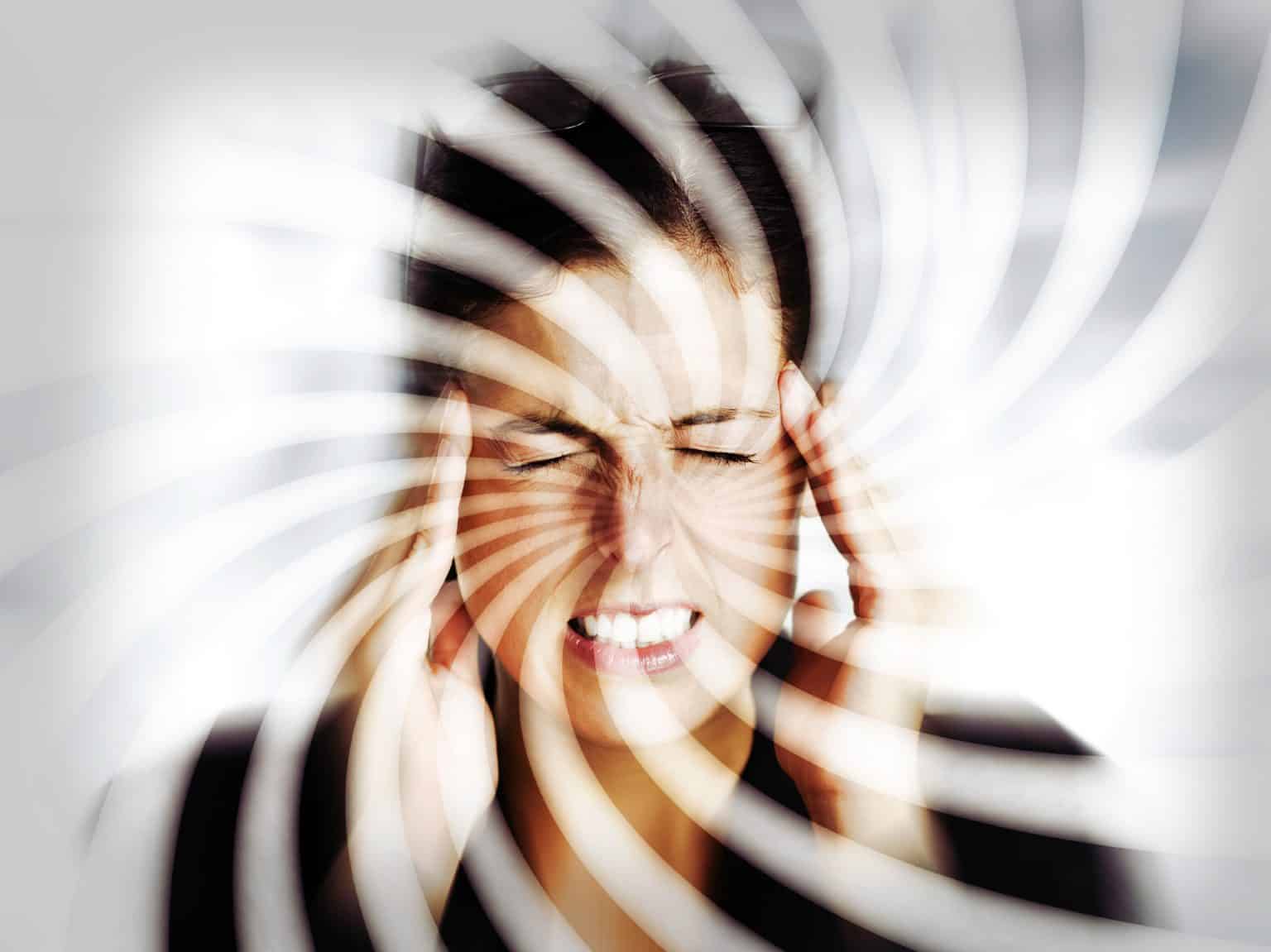Headaches And Vision
A headache is a symptom of an underlying condition. There are many types of headaches, ranging from a sensation of mild pressure to a severe migraine. Most headaches are caused by a combination of triggers including stress, poor diet, muscle tension, and eyestrain.

Q: What is a headache?
A: Headaches occur when tissues or structures in and around the brain such as blood vessels, nerve fibers, and sinuses are irritated, compressed, or inflamed. Headache can result from referred pain from a tooth, neck, or eye problem.
Q: What is the difference between migraines and other headaches?
A: A migraine often involves a long-lasting headache with other symptoms that do not seem to fit with a headache, such as:• Nausea and vomiting
• Blurred vision or zigzag lights
• Sensitivity to smell, touch, lights, and sound.
Migraine is very common in women (20per cent of women experience migraine in their life) and there is often a family history of migraine.
The distinction between headache and migraine is not always obvious. Migraine frequently has a pattern of features and recurrence that helps to diagnose it and to warn sufferers of an impending attack.
Q: What should I do if I get headaches?
A: All severe or frequent headache should be investigated. It is not always easy to tell if your headaches are ‘severe’, as this depends very much on your tolerance to pain. If you experience headaches that make you bedridden or unable to attend work, medical advice should be sought.
For the majority of annoying, niggling headaches, you should still try to find a cause so that you can prevent their occurrence or reduce your dependence on painkillers.
Ruling out contributing health problems is an important step in headache management. Most people will have some idea of why they get headaches, or at least notice a pattern of triggers, for example, after eating certain foods, after stressful periods, or with poor posture or a sore back.
Think about what you believe may be causing your headaches, then seek advice from an appropriate health professional. People who experience headaches after reading or using a computer, or after work every day, or who feel pain around their eyes, often seek an eye examination by an optometrist. Many of the eye problems that cause headaches can be successfully treated with prescription spectacle or contact lenses. Sometimes practical advice about the height and position of computer monitors in relation to the eyes can help.
Q: Who should be investigated?
A:
• Children
• Patients who wake with a headache.
• Patients whose headaches commence over the age of 50 years.
• Patients whose headaches are becoming worse in severity and frequency.
• Patients with no previous history of headaches or sudden onset
Q: How can eye problems cause headaches?
A: In some cases, the headache is caused by the person squinting and overworking the eye muscles in an attempt to better focus their vision or co-ordinate eye muscles. Even people with ‘perfect’ vision can have underlying eye problems that cause headaches. In other cases, problems of internal pressure and swelling within the brain can cause headaches and visual symptoms.
Q: Can refractive errors cause headaches?
A: In the eye, the cornea and the lens work together to focus images at the back of the eye. If either the cornea or the lens is not perfectly positioned or shaped, poor focus and attempts to compensate for the out-of-focus image may results, with common symptoms of tired and aching eyes, blurred vision, and headache.
The main problems that cause eyestrain and associated headache include:
• Astigmatism- the cornea is distorted, which means that objects look blurry from certain angles. A person with astigmatism tends to squint and lean into their work to better focus their vision, which can contribute to headache.
• Long-sightedness- A person who is longsighted has to exert their eye muscles more than people who are normal-sighted when viewing things up close.
• Presbyopia- the lens becomes harder and inflexible with age. The symptoms include blurriness at near, sore eyes, and difficulty changing focus from near to distance.
The ability to see the letters on an eye chart is just one of 17 visual skills. Most eye care professional do not test all 17 visual skills. So even if you have been told you or your child’s vision is OK, there could still be a problem that cause headache and eyestrain.
• Poor binocular co-ordination- some people’s eyes may not work well together, causing strain on the external muscles of the eyes.
Most conditions can help with prescription, Lens treatment, and Vision Therapy.
Q: Can pressure in the eyes cause headaches?
A: Most people who have the disease glaucoma do not feel any discomfort but in some forms of glaucoma rapid increases in eye pressure may cause severe eye pain, which extends into the forehead as a severe headache. These episodes also cause blurred, foggy vision and can damage the optic nerve at the back of the eye and need to be dealt with promptly.
Pressure can also build up in and around the eyes when a tumor or haemorrhage is present. Such serious disorders are rare although they should be considered by your health professional. Optometrists can conduct visual field tests as a tumor or mass may affect your visual system and peripheral vision.
Q: How can my Neuro-Developmental & Behavioral optometrist help?
A: headache is a condition that is often difficult to diagnose and treat yet is widespread and debilitating. No-one should have to live with severe or frequent headaches or migraines. Getting to the bottom of what causes a person’s headaches may require tests by different practitioners.
Neuro-Developmental & Behavioral Optometrists like, is a health professionals who are expertly trained in headache management. Please contact us @ 03-2110 3967 or [email protected]


